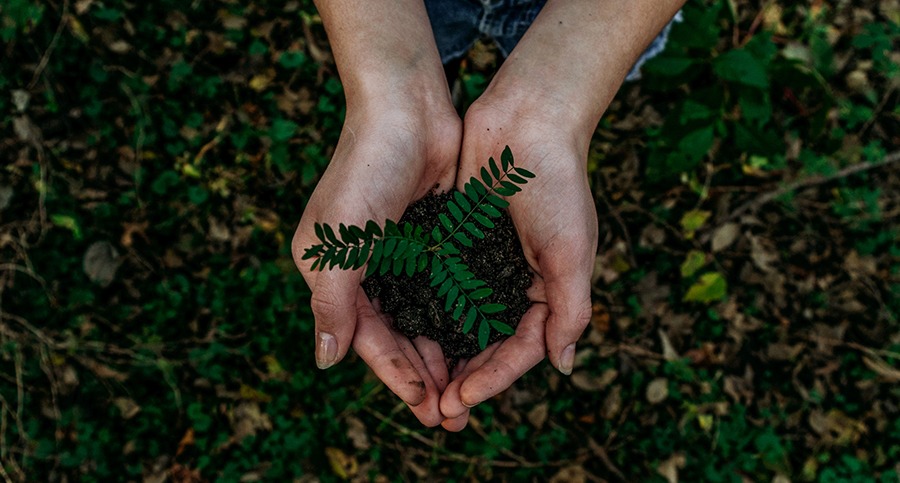Originally published on LinkedIn
Coronavirus overtakes climate change as a hot topic, yet the two share similar attributes. Coronavirus is an existential threat; one aspect of well-being and long-term sustainability for all of us on this planet. In fact, I have always characterized the assessment of ‘thrivability’ – going beyond sustainability – as the measure of well-being for people and the planet. The THRIVE well-being project which I have been deeply involved with full-time over the last seven years precisely assesses the status quo and provides guidance for the foreseeable future.

One thing that I would hope this epidemic encourages is cooperation rather than competition – indeed collaboration as discussed in earlier articles on The future of work: the 9 benefits of telecommuting, The sharing economy, and in the 7 New Year’s Resolutions). We are already seeing fragrance companies switching to the manufacture of sanitizers and masks, and auto-makers manufacturing ventilators. A number for other groups are donating supplies and resources such as medical equipment, air transportation services, with some providing outright cash, and the likes of Elon Musk shipping 250,000 masks and 1,000 ventilator units, just in the last few days.
Other more innovative approaches looking to address the shortages in ventilators include a group of former MIT students reviving a college project allowing one to build a low-cost portable ventilator (E vent) for less than $100. Another is a group of Italian inventors who have re-engineered diving equipment to act as ventilators in this great time of need, through a 3D printing connector. Yet another approach has been to 3D print 3 way and 9-way splitter valves to amplify the use of current equipment. Virgin Orbit has also manufactured some simple low-cost ventilators which are being provided for free. It is great to see innovation spearheading solutions in this time of need.
In the meantime – following DNA sequencing – research has been underway investigating how the coronavirus jumped species. The hope is to develop a vaccine, but that could take six months, maybe more before it becomes available in quantities commercially. After breeding a vaccine in the lab on animals, human trials are expected to begin imminently, with over thirty groups around the world working at a vaccine and eventual cure. The key objective at this time is to flatten-the-curve so as not to overwhelm infrastructure and resources. That means to wash hands regularly and exert social distancing discipline as well as stay at home as much as possible.

The outbreak has changed the way we work, rest and play. The way we live our daily lives is forever impacted by the threat to our existence caused by the coronavirus. Although many see coronavirus as an early warning sign to an apocalyptic doomsday scenario, it will serve us well to learn how to be prepared for the next time around. Climate change and diseases are linked. The reality is that we, as a species will survive the coronavirus epidemic. We will not, however, survive climate change should we make no effort to avert a 2º increase in GHG emissions. Building long-term resilience is imperative.
With this in mind, I observe that #COVID19 and #climatecrisis share much in common:
- They are global challenges requiring systemic solutions for the long-term.
- A proactive rather than a reactive approach is necessary.
- Benefits from a design-based approach informed by the sciences.
- It requires top-down solutions that are only as good as the weakest link or lowest common denominator.
- Reduce population growth is the anticipated or likely beneficial outcome (whether by design or not).
With the economy and epidemic deeply intertwined, if we are to learn anything from the coronavirus epidemic is how to be prepared for any future epidemic. After all, one thing most doctors are certain of epidemics will re-occur. Similarly, we need to urgently innovate and act now if we are to curb GHG emissions and stave off the climate crisis. Tools to assist are being developed and employed, such as THRIVE platform. Wherever you are, do ensure to contribute to a more prosperous future.























